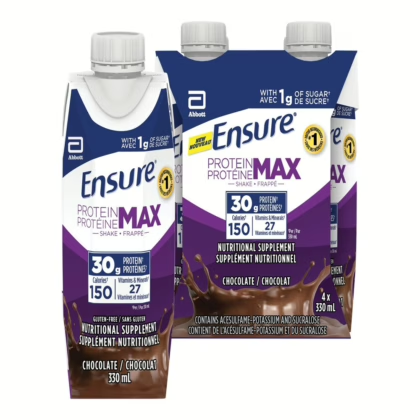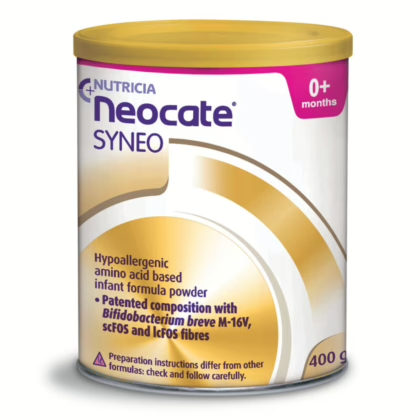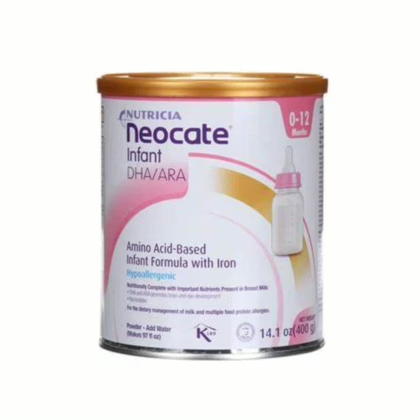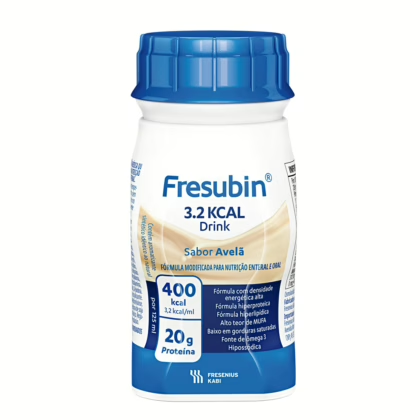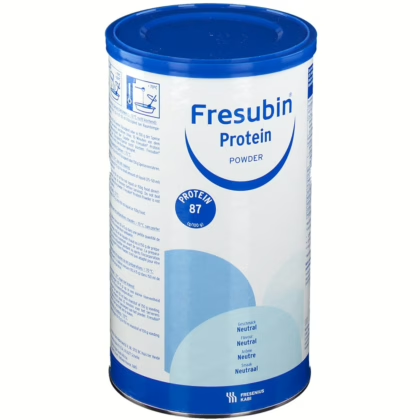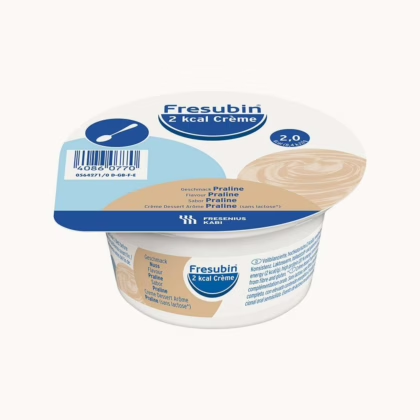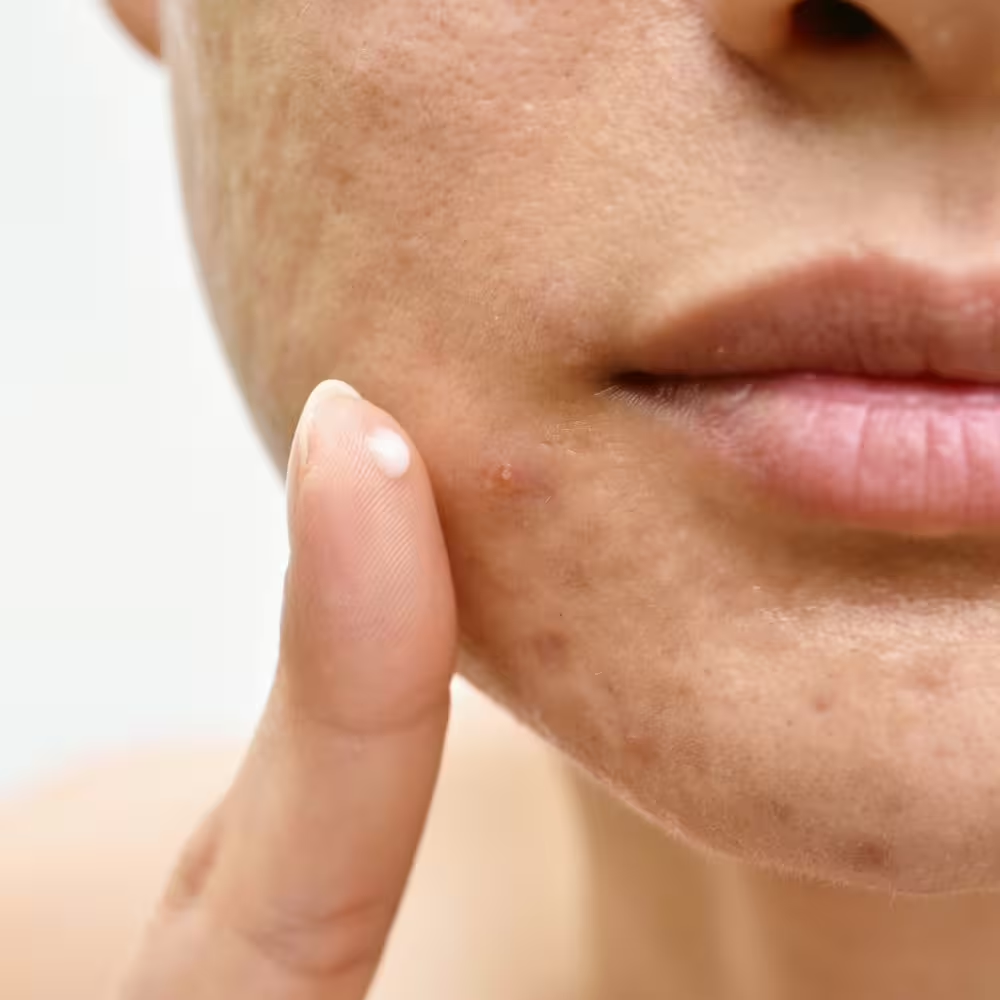
Pimples, zits, blemishes – no matter what you call them, acne breakouts can be a real pain. If you’re one of the many people who’ve dealt with acne, you may be wondering if those pesky scars are going to stick around forever or in other words “Are acne scars permanent”. Let’s find out!
Acne is a common skin condition that affects millions of people worldwide. While acne itself is usually temporary, it can sometimes leave behind scars. Acne scars can vary in appearance, from small, shallow pits to deep, ice-pick scars.
Before knowing the answer to “Are acne scars permanent?” Let’s find out several factors that can affect the likelihood of developing acne scars, including:
The short answer is that it depends. Some acne scars will fade on their own over time, while others may be more permanent. There are a number of treatments available that can help to improve the appearance of acne scars.
So, what’s the deal with acne scars? Well, when you have a pimple, your body is trying to fight off an infection. This can lead to inflammation, which can damage the collagen in your skin. Collagen is a protein that helps to give your skin its structure, so when it’s damaged, it can leave behind a scar.
The type of acne scar you have will depend on the severity of your acne. If you’ve had mild acne, you may just have some shallow, flat scars. But if you’ve had severe acne, you may have deeper, more noticeable scars.
No matter what type of acne scars you have, there’s hope! There are a number of treatments available that can help to improve their appearance. These include topical retinoids, chemical peels, microdermabrasion, laser resurfacing, and dermal fillers.
So, if you’re concerned about your acne, consult a doctor. They can help you develop a treatment plan that is right for you.
In the meantime, try to be patient. It takes time for scars to fade, and treatment can take several months to see results.
While acne scars are not always preventable, there are several treatments available that can help to improve their appearance. These treatments include:
You can also consult our pharmacists.
It’s better to prevent acne scars than get a scar and ask “Are acne scars permanent?” There are a few things you can do to help prevent acne scars:



